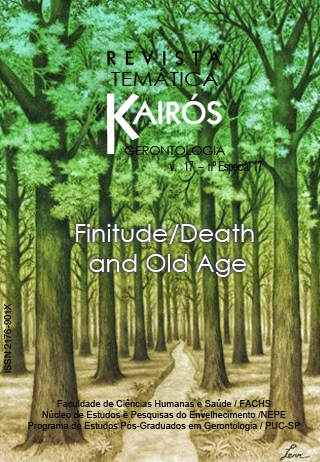The Elderly: A New Social Actor ahead of the finitude/death
DOI:
https://doi.org/10.23925/2176-901X.2014v17iEspecial17p149-167Palabras clave:
Social Actor, Elderly, Finitude/Death and Old Age, Education.Resumen
Longevity is one of humanity’s greatest conquests, however the aging process and old age itself are still filed with stereotypes and negative stigmas. Despite all of the prejudice suffered by the elderly in the Brazilian culture, this age group has been gaining more visibility as far as public policies are concerned, and have also been understood in a distinctive manner by the research field. In spite of the demographic growth and aging, Brazil did not satisfactorily equate the issues regarding the demands of this age segment. Today, the elderly Brazilian population represents 22 million people, or 12% of the total population. According to projections of the Instituto Brasileiro de Geografia e Estatística, in 2025 Brazil will have an elderly population of 34 million: how will these elderlies? The goal of the article is after to identify the stereotypes that impregnated the old aged, reflect about the elderly in your new paper as a social actor while identifying the social movements focused for this segment. A bibliography research was performed. The conclusion was because of a hostile scenario imposed by a contemporary society to the elderly, the need for public policies recognize and guaranteeing basic rights for them is imperative. Despite the prejudices, the elderly mobilizations enable them to overcome situations of vulnerability, which they are exposed especially when in the proximity of your finitude. To the consolidation of a social actor, we need educational actions directed to that segment, bringing knowledge and information for all elderly. Education throughout life has a relevant role, in order to equip and empower the elderly. Hence, it will be possible to think, in actuality, of an elderly that is more active, participative and integrated to society, it is positioned to searching for their rights and engaging in social movements, ultimately escaping the stereotype still widespread in society that nothing else in life would expect death.


